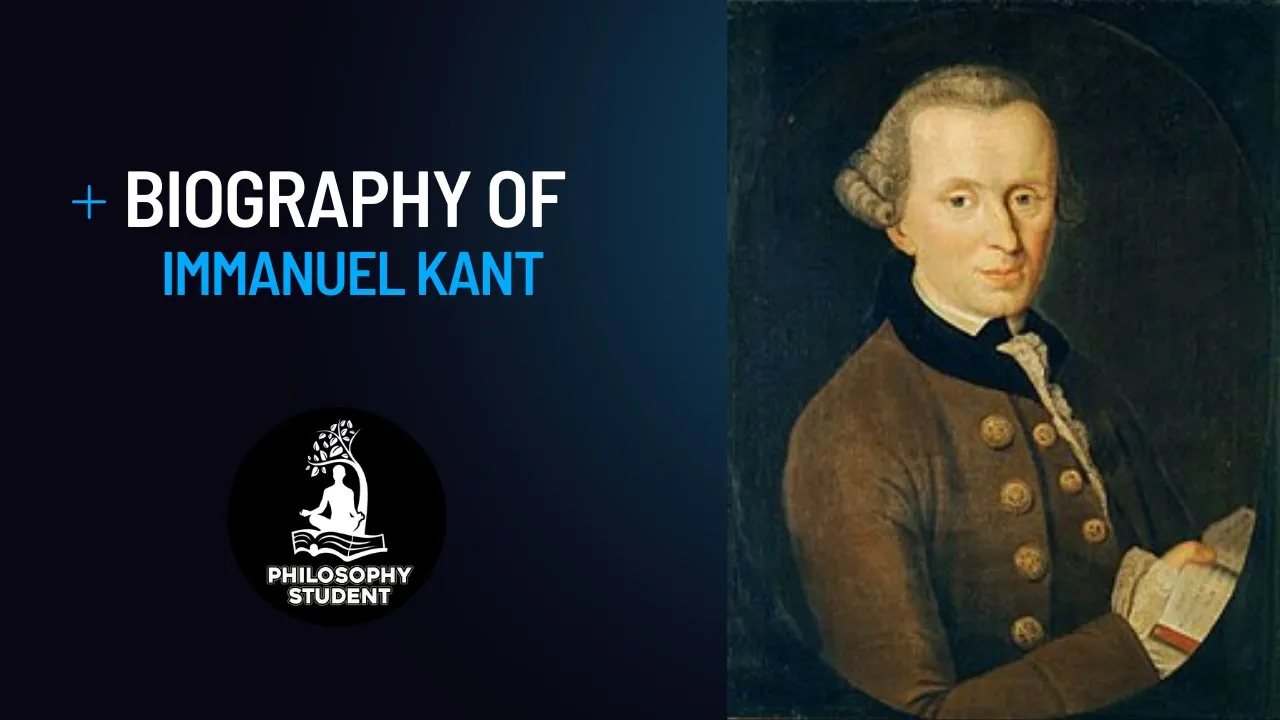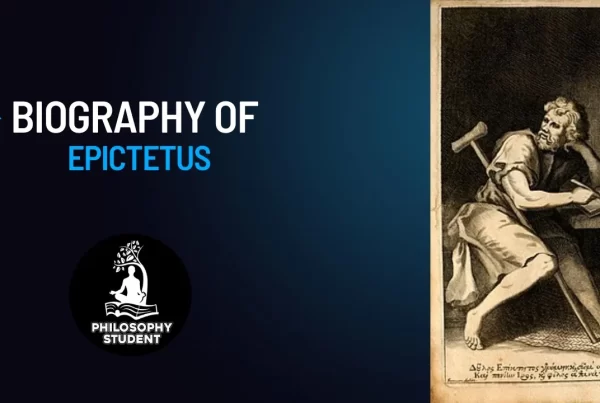Kant brought eighteenth-century Western philosophy to a new height of ambition. He saw his task, as a philosopher, to answer three essential questions: “What can I know? What should I do? What may I hope?” He approached these questions through “transcendental idealism,” which is founded on the idea that we live in a world consisting of what we are capable of experiencing through our senses (the natural world) and what we cannot experience sensually (the “supersensible” realm of the soul and God). True knowledge of the supersensible is impossible. All we know comes from things we can experience.
“What can I know?” The directly observable world. The realm beyond the physical, the realm contemplated in metaphysics, we cannot know.
“What should I do?” is answered via Kant’s ethics, which center on his concept of a “categorical imperative,” a universal ethical principle holding that one must respect the humanity in others and that one must act according to rules that could apply to everyone. Because moral law is a truth of reason, all rational creatures are bound by the same moral law. What, then, should I do? Act rationally, in accordance with universal moral law.
Kant’s ethics form a bridge between knowledge and belief. The philosopher argues that his theory of ethics requires belief in free will, God, and the immortality of the soul. Of none of these can we have knowledge; however, to contemplate the categorical imperative of the universal moral law justifies belief in them. Thus, in default of knowledge, we are permitted a rational faith, and this is the answer to “What may I hope?” We are justified in hoping that there is a God and that our souls are immortal.
Kant’s body of epistemological and ethical philosophy would have been an ample achievement for any philosopher, but he also created a brilliant and still-relevant theory of aesthetics, a theory of knowledge that continues to be foundational to analytic philosophy, a political theory that remains useful, and contributions to cosmology that retain relevance even in our era of advanced astrophysics.
Immanuel Kant was born on April 22, 1724 in Königsberg, Prussia (modern Kaliningrad, Russia). His parents were pietist Lutherans, a devotion against which young Kant rebelled. He studied at the Collegium Fridericianum in Königsberg and then the University of Königsberg, embarking on a course in the classics but soon focusing instead on philosophy.
Following the death of his father in 1746, Kant left the university and hired out as a private tutor for several prosperous families. In 1754, he became a Privatdozent (lecturer) at the University of Königsberg and made his living by this means until 1770. During this early period of his academic career, Kant published essays, wrote on astronomy, physics, and earth science, and began probing the limits of rationalism. His career goal was to be appointed Professor of Logic and Metaphysics at Königsberg, which he attained in 1770.
Shortly after he became a professor, Kant was deeply disturbed by the radical skepticism of David Hume’s empirical philosophy. Anxious to write a response to Hume, Kant embarked on his first masterpiece, Critique of Pure Reason, which was published in 1781. This was followed in 1783 by Prolegomena to Any Future Metaphysics, in effect a retrospective introduction to the Critique. He published Groundwork for the Metaphysics of Morals in 1785 and Critique of Practical Reason in 1788. In 1786, he turned to the philosophy of science with Metaphysical Foundations of Natural Science and revised the Critique of Pure
Reason in 1787. The Critique of the Power of Judgment appeared in 1790.
Less well-known works include Religion within the Bounds of Bare Reason (1793), Towards Perpetual Peace (1795), Metaphysics of Morals (1797), and Anthropology from a Pragmatic Point of View (1798). He was at work on a book intended to bridge philosophy and physical science, but old age impaired his thought processes, and the work was left very much unfinished and published in that incomplete form as Opus Postumum. He died on February 12, 1804.
The concepts of transcendental idealism and the categorical imperative are the two greatest pillars of Kant’s thought.
Transcendental idealism is Kant’s theory of the relation between the mind and its objects. There are three theses: First, appearances (things as they appear, or Ding für Uns, the thing for us) are distinct from things as they are in themselves (Ding an Sich, the thing itself). Second, space and time are a priori. They are subjective conditions that pertain to appearances, not to things in themselves. Third, we can know (have “determinate cognition of”) only that which can be experienced—in other words, only appearances and not things in themselves. Transcendental idealism implies that the objects of experience are mind dependent
To this day, Kant’s distinction between the Ding für Uns and the Ding an Sich remains a subject of philosophical controversy. Some see the distinction in metaphysical and ontological terms. Appearances constitute one world (set of entities), and things in themselves are ontologically distinct from these, effectively constituting another world. Others argue that the distinction between appearances and things in themselves is to be understood in epistemological terms. The two are ontologically identical, this argument runs, the phrase “in themselves” meaning nothing more than “not considered in relation to human perceivers.”
To turn to the other great pillar of Kant’s thought, the categorical imperative, we must first understand what Kant means by an imperative. It is a principle that commands an action. Most imperatives are “hypothetical,” functioning as commands only if certain conditions are met. If you want to become a successful banker, then you must establish a reputation for integrity and trustworthiness.
Because hypothetical imperatives are conditioned on desires and desired outcomes, they are not evidence of an unconditionally good will. For this, Kant’s ethics calls for a“categorical imperative.” In contrast to a conditional hypothetical imperative, a categorical imperative is universal, without condition. There is no if/then but merely do this. The categorical imperative is without determinate content and is therefore purely formal and universally binding. To act morally, one must act in conformance with a categorical imperative—that is, to “act only in accordance with that maxim through which you can at the same time will that it become a universal law.”
Kant was the major influence on the philosophers of German Idealism but has also influenced virtually every major philosopher since the end of the eighteenth century. Beyond this, he has been a major influence on moral and political thought and in such diverse scientific fields as physics, sociology, and psychology.




































